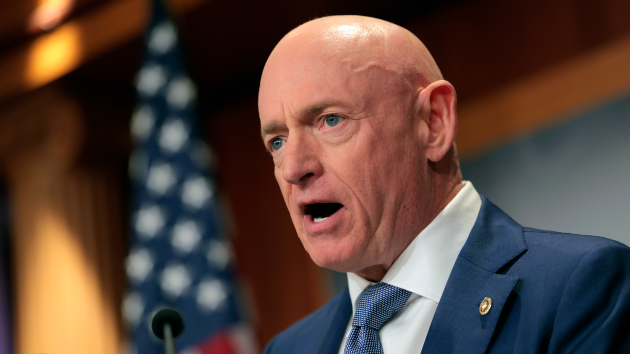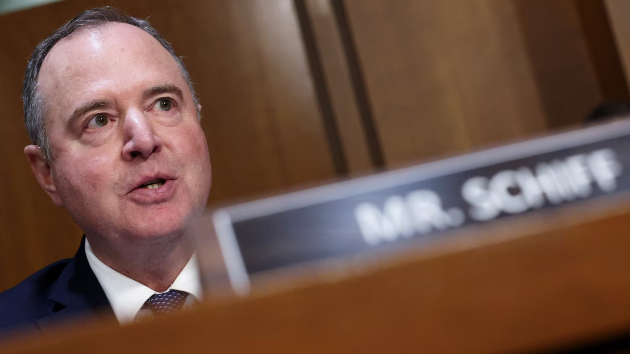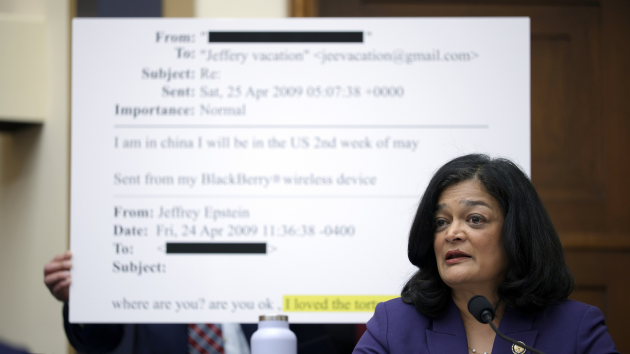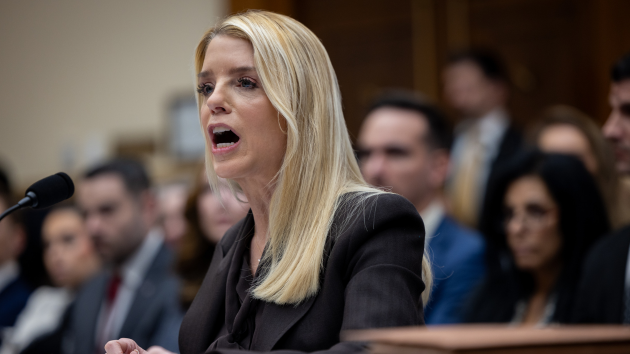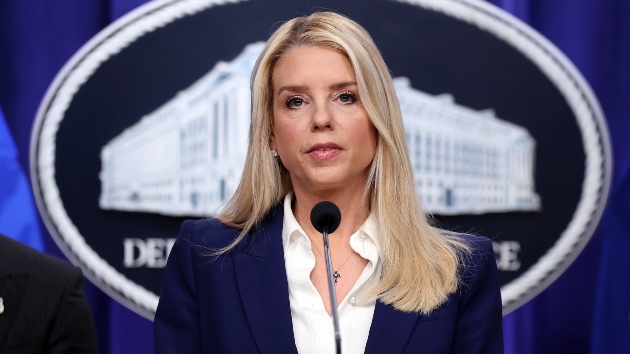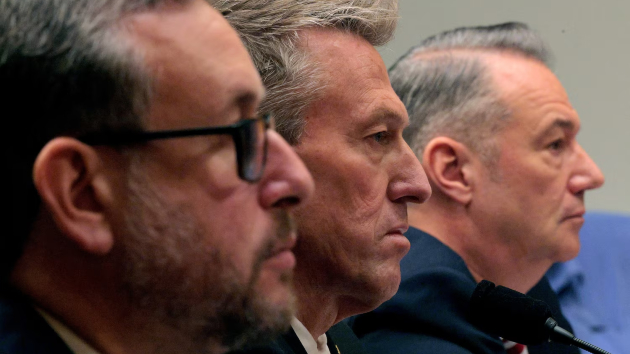
(WASHINGTON) — Sen. Rand Paul had strong words on Thursday for the heads of the federal agencies spearheading the Trump administration’s immigration enforcement in Minneapolis and across the U.S.
Immigration and Customs Enforcement acting director Todd Lyons, Customs and Border Protection commissioner Rodney Scott, and Citizenship and Immigration Services director Joseph Edlow were testifying in front of the Senate Homeland Security Committee.
“Witness the thousands of people in the streets in Minneapolis and in Minnesota, and the millions of viewers who witnessed the recent deaths,” Paul, the committee’s chairman, said. “It’s clearly evident that the public trust has been lost. To restore trust in ICE and Border Patrol, they must admit their mistakes, be honest and forthright with their rules of engagement, and pledge to reform. I hope the leadership of ICE and Border Patrol here today will participate in a meaningful way.”
Paul and ranking member Sen. Gary Peters went frame by frame on videos of the shooting of Alex Pretti, the 37-year-old Minneapolis nurse killed in an encounter with federal agents last month. Federal officials initially said that Pretti “approached U.S. Border Patrol officers with a 9mm semi-automatic handgun” and “attacked” officers carrying out immigration duties.
State and local officials said Pretti was lawfully carrying a gun, with a concealed carry permit, and video reviewed and verified by ABC News does not appear to show that Pretti drew his gun on the agents and instead was holding up a cell phone, not a gun, to record agents during the incident.
Another Minneapolis resident – Renee Good — was also shot and killed by federal agents in early January. Federal officials say that the agents acted in self defense after Good allegedly tried to ram them with her car, which local city officials and her family have disputed.
Paul said that it isn’t so much about the specifics of the investigation, but rather the training that CBP and ICE agents receive.
“No one in America believes shoving that woman’s head and face in the snow was de-escalation,” Paul said of video showing agents scuffling with Pretti and a woman moments before the shooting. “But your officer, you need to know they…had a verbal encounter with them. She did not place her hands on the officers. She wasn’t trying to get their weapon. It’s not great. I mean … I don’t like to see these encounters either, but is it appropriate for the officers to respond to a verbal, barrage of words or whatever? Is it proper, to physically throw a woman down or throw anyone down if the only action is verbal?”
Both Scott and Lyons agreed that it wasn’t de-escalation if the only action against the agents had been verbal.
“I understand you not wanting to make conclusions yet, but nobody believes you’re gonna because you made conclusions immediately,” Paul told the law enforcement leaders. “Not you. But people within the government made conclusions immediately that [Pretti] was a terrorist and an assassin … people aren’t believing there’s going to be an honest investigation.”
In the hours after the shooting, Homeland Security Secretary Kristi Noem said Pretti committed an “act of domestic terrorism” and White House Deputy Chief of Staff Stephen Miller called him a “would-be assassin” and a “terrorist.”
Paul added at the hearing, “I think it’s terrible police work, but there has to ultimately be repercussions.”
Scott said that he would not jump to conclusions and asked the nation to do the same. He said he was committed to releasing the officers’ body-worn-cameras once the investigation is complete.
“There’s body-cam video, that’s all being looked at,” Scott said. “And until all that evidence is evaluated, I can’t jump to a conclusion on either direction. I would ask America to do the same thing, but I am committed to transparency, to making sure all the information we have is made public when it’s appropriate.”
Paul said that he saw “nothing, not even a hint of something that was aggressive on [Pretti’s] part.”
“I don’t think this should take months and months and years and years. There needs to be a conclusion,” Paul said. “We need to have answers here and there needs to be an announcement. These are the new policies. This is how we’re going to interact with the public, because the public needs to know to, you know, if I go to a protest and I shout something at people, could I be killed?”
Scott also did not say whether the gun was accidentally discharged by officers in the Pretti case, citing an ongoing investigation.
Copyright © 2026, ABC Audio. All rights reserved.

